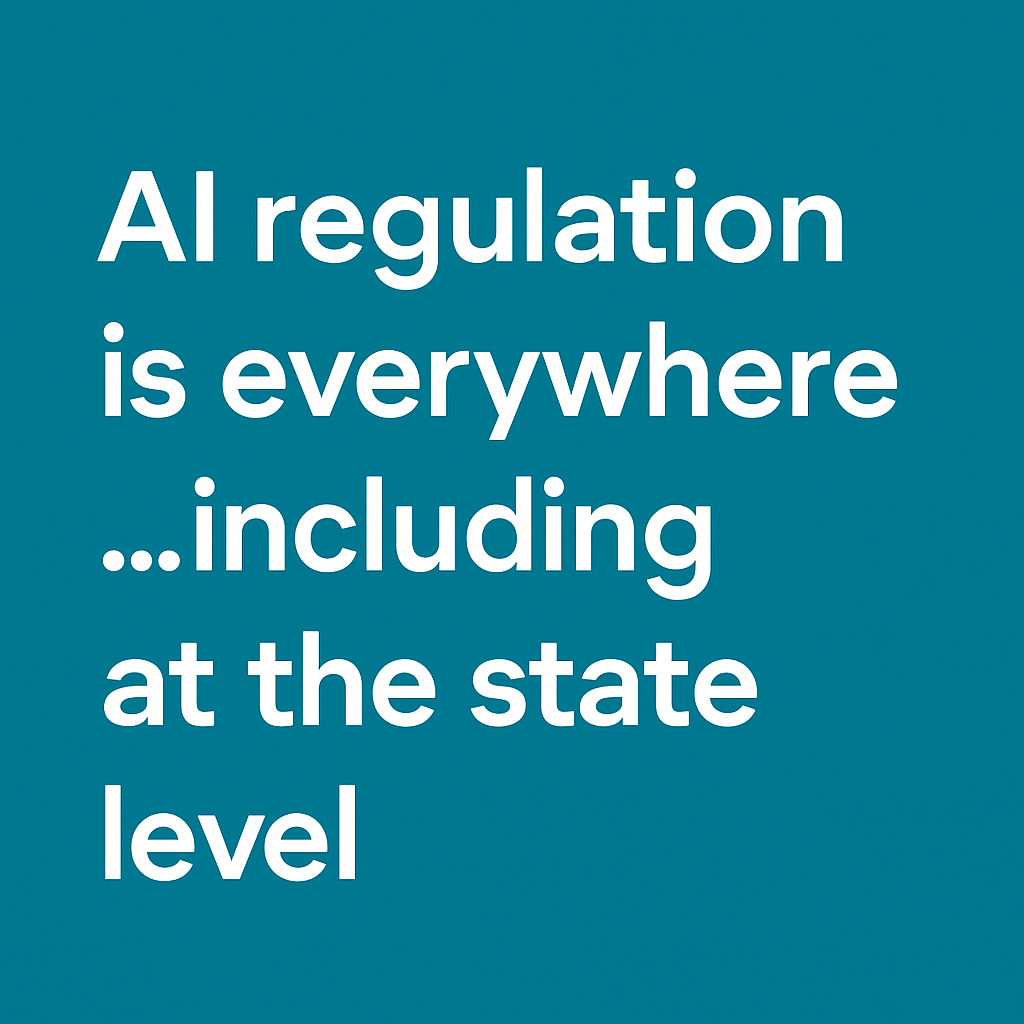Saifr partnered with a research firm to survey 107 marketing and compliance leaders—from junior managers to top executives—in small, medium, and large departments at leading U.S. financial institutions. One of the questions we asked was if they were using any AI. 68% of the compliance respondents said yes. So, of course, we followed up with “how?” We wanted to understand what they were doing with AI, and many of them told us in their own words. Compliance professionals’ verbatims fell into six broad categories, outlined below in order from the most written responses to the least.
Big data
It’s not surprising that the biggest category for AI usage is in dealing with large data sets. Respondents shared that AI can help with processing, analyzing, and interpreting large, complex data.
With the adoption of AI to analyze data, more accurate insights can be delivered more quickly. Those insights can then be used to drive informed strategies and data-driven decisions.
Data analysis also enables firms to see trends, patterns, and actionable facts. AI helps with predictive modeling to develop more accurate forecasting—what trends are coming, how markets are changing, and how customers might react—to help with data-driven, proactive responses.
AI’s ability to scrutinize big data can also be used in real time to help teams to react swiftly to shifting market conditions and user behavior.
Chatbots
Beyond data analytics, another major category in which compliance folks report using AI is to interact with clients. Some say that generative AI helps them to create standard responses to share with their customers.
Others seem to go a step further by using AI-driven chatbots to provide instant, round-the-clock assistance to their users. Respondents report using AI to help understand and process natural language more effectively and to handle a large volume of user interactions simultaneously. They said that AI’s scalability is crucial for serving a diverse user base and meeting varying demands efficiently.
“AI makes it possible to generate logical and contextually relevant responses to user questions. It can give thorough explanations, answer inquiries, and provide information on a wide range of subjects.”
- Director, Risk/Compliance
AI can also help comprehend a wide range of user queries and respond in a logical, contextually relevant, informative, and human-like manner. AI enables teams to give thorough explanations, answer inquiries, and provide information on a wide range of subjects.
Download the ebook | AI insights survey: Adopters, skeptics, and why it matters.
Some compliance folks even stated that they are using AI-powered chatbots and virtual assistants to not only provide information but to execute activities.
Productivity
The third grouping of responses centered around productivity gains. Compliance respondents said that AI assists them in automating repetitive, time-consuming tasks and procedures, which helps save time and reduce manual effort. AI-enhanced productivity allows teams to manage their time efficiently and concentrate on more strategic and creative work.
“AI assists us in automating repetitive jobs and procedures which saves time and reduces manual effort.”
- Junior management, Risk/Compliance
With AI, respondents report being able to handle growing user bases with quick and efficient responses without proportionately increasing human resources. AI helps save time and resources for both users and the organization.
The decrease in manual labor helps to increase overall operational effectiveness. The bottom line is that automating and streamlining processes with AI may help optimize resource allocation and reduce operational costs.
Personalization
Some respondents’ comments talked about personalization of advertising, advice, products, and experiences. They mentioned that AI supports continuous learning that helps them to improve over time.
“Real-time analytics made possible by AI let us react swiftly to shifting market conditions and user behavior.”
- Director, Risk/Compliance
AI can quickly analyze feedback in real time that is given through reviews and social media to help target advertising. Feedback insights delivered with AI also help workers to tailor advice and can ultimately improve goods to meet specific client needs.
One said that AI enabled them to quickly adapt to changes in user behavior, thereby, respond with more personalization.
Language
Some folks mentioned specifically how AI helps them with writing. One stated that AI can predict and complete sentences or paragraphs based on the input text. Another respondent described using AI for sentiment analysis on text inputs to understand the emotional tone of the text.
Risks
Surprisingly, only one respondent called out risks. They pointed out that AI helps them detect and prevent security breaches and fraud.
The impact of AI at financial services firms
Obviously, verbatims are only directionally insightful and can’t paint a clear picture. What the results of this one survey question show is that firms are starting to use AI in a variety of their processes and are starting to see some positive, long-term impacts. If your organization has yet to start integrating AI, you might consider ways to gain exposure to avoid the risk of falling behind. Could you start using AI to efficiently optimize your data analysis? Could AI help you make better-informed, data-driven decisions? Could AI be used for better customer experiences?
To see more results from our survey, download our ebook: AI insights survey: Adopters, skeptics, and why it matters.
The opinions provided are those of the author and not necessarily those of Fidelity Investments or its affiliates. Fidelity does not assume any duty to update any of the information.
1131406.1.0




-1.png)
